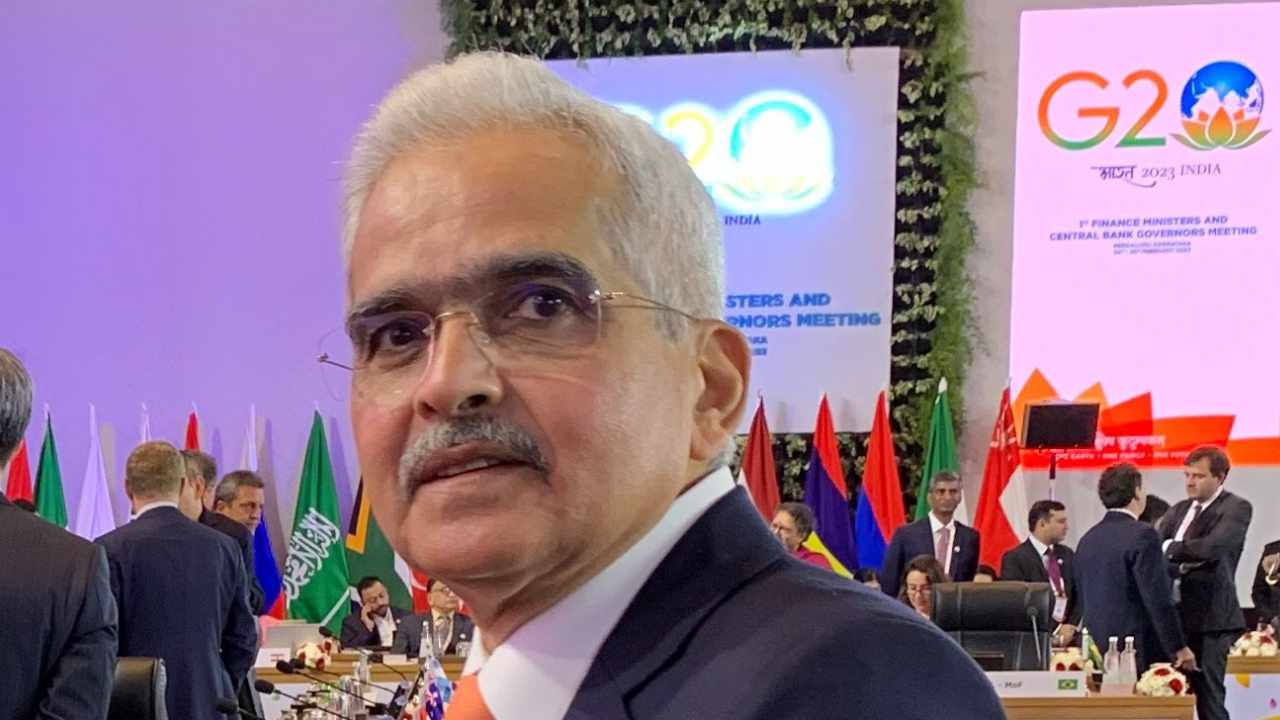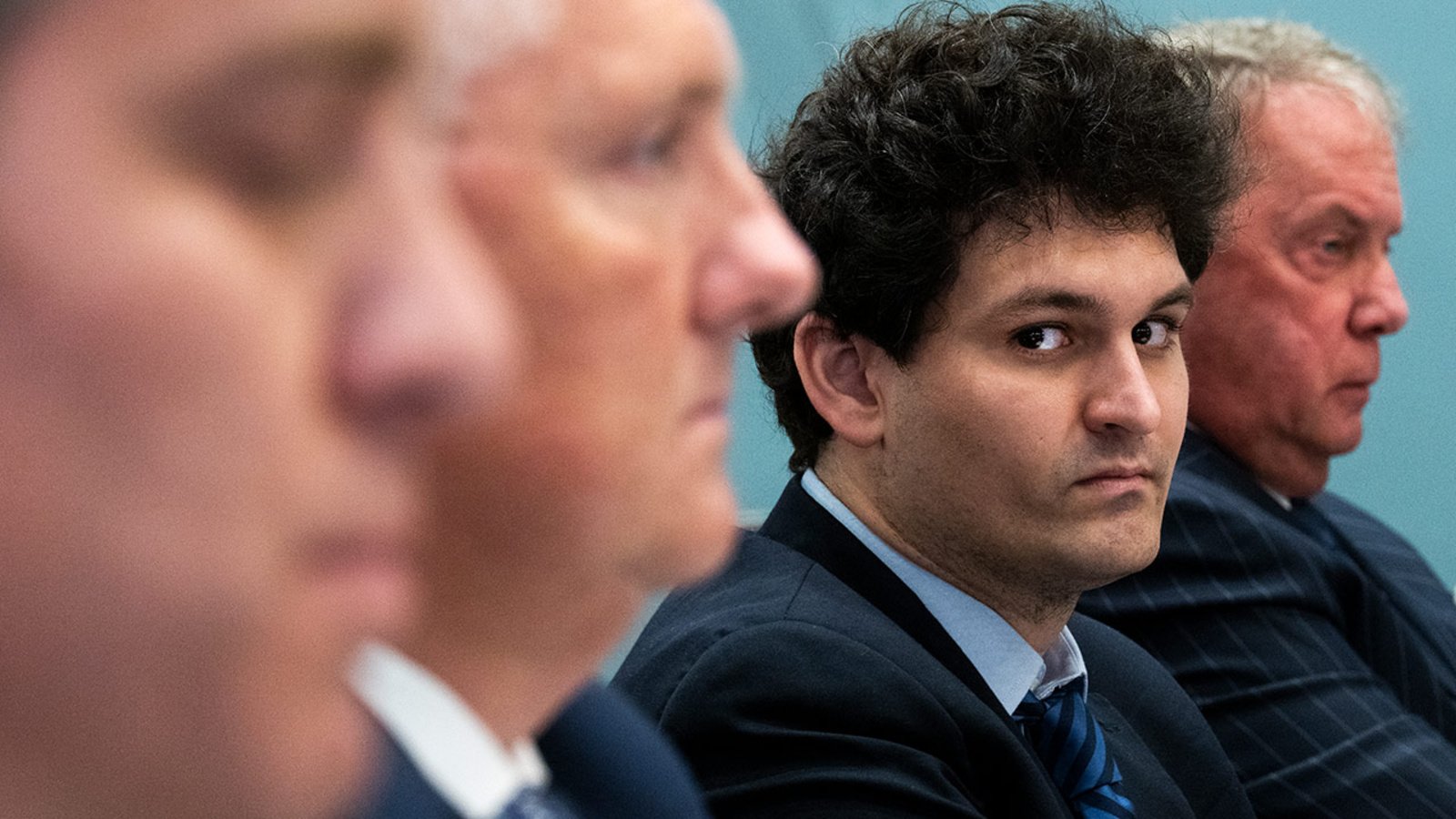In the wake of several countries granting Bitcoin and TRON legal tender status, the IMF came up with a paper describing "effective policies for crypto assets". Number 1 element is a warning...

 www.imf.org
www.imf.org
IMF Executive Board Discusses Elements of Effective Policies for Crypto Assets
February 23, 2023
Washington, DC: On February 8, 2023 the Executive Board of the International Monetary Fund (IMF) discussed a board paper on Elements of Effective Policies for Crypto Assets that provides guidance to IMF member countries on key elements of an appropriate policy response to crypto assets. The paper’s objectives are in line with the IMF’s mandate to support economic and financial stability across its membership. The paper addresses questions raised by IMF member countries on benefits and risks of crypto assets and on how to structure appropriate policy responses. It operationalizes the principles outlined in the Bali Fintech Agenda (IMF and World Bank 2018) and includes macrofinancial considerations such as implications for monetary and fiscal policies. The proposed principles are fully aligned with the relevant standards of the Financial Stability Board and other standard setting bodies.
Efforts to put in place effective policies for crypto assets have become a key policy priority for authorities, amid the failure of various exchanges and other actors within the crypto ecosystem, as well as the collapse of certain crypto assets. Doing nothing is untenable as crypto assets may continue to evolve despite the current downturn.
The paper sets forth a framework of nine elements that can help members develop a comprehensive, consistent, and coordinated policy response. The nine elements—or policy actions—are:
1. Safeguard monetary sovereignty and stability by strengthening monetary policy frameworks and do not grant crypto assets official currency or legal tender status.
2. Guard against excessive capital flow volatility and maintain effectiveness of capital flow management measures.
3. Analyze and disclose fiscal risks and adopt unambiguous tax treatment of crypto assets.
4. Establish legal certainty of crypto assets and address legal risks.
5. Develop and enforce prudential, conduct, and oversight requirements to all crypto market actors.
6. Establish a joint monitoring framework across different domestic agencies and authorities.
7. Establish international collaborative arrangements to enhance supervision and enforcement of crypto asset regulations.
8. Monitor the impact of crypto assets on the stability of the international monetary system.
9. Strengthen global cooperation to develop digital infrastructures and alternative solutions for cross-border payments and finance.
By adopting the framework, policy makers can better mitigate the risks posed by crypto assets while also harnessing the potential benefits of the technological innovation associated with it.
Executive Board Assessment
Executive Directors welcomed the opportunity to discuss the board paper on elements of effective policies for crypto assets. They noted the timeliness and importance of the paper, as well as its relevance to the IMF’s wide and diverse membership, and generally underscored the need for a comprehensive framework. They considered that the growing adoption of crypto assets in some countries, the extra-territorial nature of crypto assets and its providers, as well as the increasing interlinkages with the financial system, motivate the need for a comprehensive, consistent, and coordinated response.
Directors generally observed that while the supposed potential benefits from crypto assets have yet to materialize, significant risks have emerged. These include macroeconomic risks, which encompass risks to the effectiveness of monetary policy, capital flow volatility, and fiscal risks. They also noted serious concerns about financial stability, financial integrity, legal risks, consumer protection, and market integrity. Against this backdrop, Directors broadly welcomed the proposed framework and its elements.
Directors agreed that crypto assets have implications for policies that lie at the core of the Fund’s mandate. In particular, the widespread adoption of crypto assets could undermine the effectiveness of monetary policy, circumvent capital flow management measures, and exacerbate fiscal risks. Widespread adoption could also have significant implications for the international monetary system in the longer term. Directors, therefore, emphasized that robust macroeconomic policies, including credible institutions and monetary policy frameworks are first-order requirements and that Fund advice in these areas will remain crucial. Directors generally agreed that crypto assets should not be granted official currency or legal tender status in order to safeguard monetary sovereignty and stability. Fiscal risks posed by crypto assets including contingent liabilities to the government should be fully disclosed as part of countries’ fiscal risk statement, and the applicability of tax regimes should be clarified.
Directors broadly agreed on the need to develop and apply comprehensive regulations, including prudential and conduct regulation to crypto assets, and effective implementation of the FATF standards on AML/CFT. They noted that the Fund should work closely to support the regulatory work under the leadership and guidance of standard-setting bodies. In this context, Directors emphasized the importance of fully aligning the framework with the initiatives and standards set by the standard-setters. Directors agreed that strict bans are not the first-best option, but that targeted restrictions could apply, depending on domestic policy objectives and where authorities face capacity constraints. A few Directors, however, thought that outright bans should not be ruled out. Directors noted that regulation should be mindful not to stifle innovation, and the public sector could leverage some of the underlying technologies of crypto assets for their public policy objectives.
Directors emphasized the importance of prioritizing elements of the framework where countries face implementation challenges, including weak regulatory institutions. They stressed that the pace and sequencing of implementation should be tailored to countries’ respective circumstances. It will be important to underpin the regulatory treatment with clear and sound private and public law frameworks. Strong coordination between authorities, both at the domestic and international levels, is critical for consistent implementation and avoiding regulatory arbitrage. Directors also highlighted the importance of promoting the principle of “same activity, same risk, same regulation.”
Directors agreed that the framework should be used to guide staff’s policy dialogue with country authorities and capacity development activities, as well as participation in discussions with standard-setting organizations. They underscored the need to focus on the Fund’s comparative advantage and on macrofinancial implications. They also saw a role for the Fund in serving as a bridge between the experience of its membership and the international standard- and rule-setting process, including disseminating best practices. Directors underscored the importance of tailored advice and close dialogue with authorities, given the different stages of development of crypto assets and different capacities among member countries. Fund capacity development support will be crucial.
Directors stressed the importance of addressing the significant data gaps and emphasized the role of the Fund in monitoring risks and impacts on the international monetary system. They welcomed in this context the new G20 Data Gaps Initiative. Consistent recording of crypto assets in macroeconomic statistics across economies, underpinned by a reliable data framework, will be important.
Looking ahead, Directors emphasized that the Fund could serve as a thought leader in further analytical work on rapidly evolving developments in crypto assets. They underscored the importance of promoting ongoing knowledge sharing and lessons from practical implementation issues in the field. Fund work on crypto assets is expected to remain within the agreed budget augmentation framework.

IMF Executive Board Discusses Elements of Effective Policies for Crypto Assets
Efforts to put in place effective policies for crypto assets have become a key policy priority for authorities, amid the failure of various exchanges and other actors within the crypto ecosystem, as well as the collapse of certain crypto assets. Doing nothing is untenable as crypto assets may...
Last edited:



